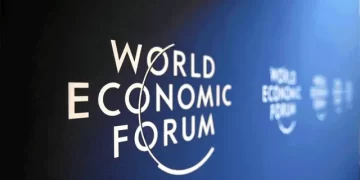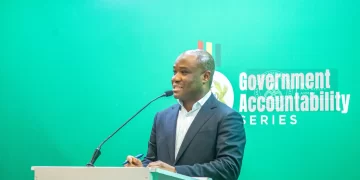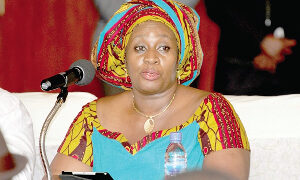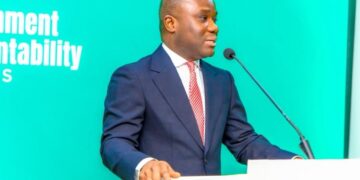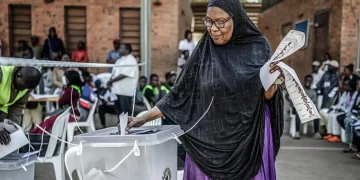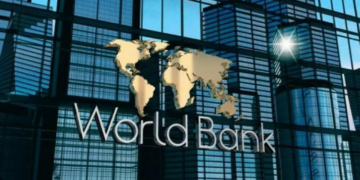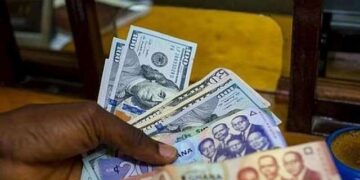The Electricity Company of Ghana (ECG) wants rates to be raised by 148 percent in 2022, with 7.6 percent yearly increases from 2023 through 2026.
According to ECG, the proposed steep increase is due to the disparity between the actual cost recovery tariff and the PURC-approved rates, as well as the cost of completed projects.
Similarly, the Ghana Water Company is seeking an increase in its pricing in order to at least recover its expenditures.
These are included in tariff proposals submitted by the two firms to the Public Utilities Regulatory Commission (PURC).
Read Also: Egypt arrests teenagers for harassing female tourists at pyramids
The two utility companies expressed worry in the report over the Public Utilities Regulatory Commission’s continued failure to set rates in accordance with the cost of production.
The issue has had an impact on their business, and it is critical that the matter is resolved.
To do this, the Electricity Company of Ghana proposes a 148% increase in the distribution service fee (1) for 2022, which is the rate at which electricity distribution firms recoup the cost of distribution network operations.
“The financial sustainability of the Electricity Company of Ghana is important as it impacts on the entire energy sector. With the huge investment needs facing the distribution industry over the next five years, it is expected that the proposed tariff increases would inevitably be approved to sustain efficient and reliable electricity service.”
“Overall, this tariff proposal indicates a high increase (148%) in year 2022 compared with the subsequent years’ increases of an average of 7.6%. This high increase in 2022 is largely attributable to the cost of investment projects; the gap that has developed over the years between the actual cost recovery tariff and the PURC approved tariffs; the continual application of the prevailing tariff (which was a 14% reduction) beyond the stipulated regulatory period (2019-2020); and the effect of macroeconomic factors,” ECG said in its 55-page tariff proposal document forwarded to the PURC and sighted by Citi Business News.
ECG is also proposing a 28.4 percent increase in the Distribution Service Charge (2) in 2022, which is the rate at which electricity distribution firms recoup distribution losses. There is a plan for a 2% average increase from 2023 to 2026 for this collection of tariffs.
Management at Ghana Water Company Limited lamented PURC’s failure to implement an automated rate adjustment formula.
According to the GWCL, while the average rate per cubic metre in 2019 was 1.27 USD, it was cut to USD 1.13 due to cedi devaluation.
The GWCL claims that this has hampered its capacity to repair and replace ageing and outdated equipment and pipes.
The present residential rate for the GWCL of GH3.29 per cubic metre to users within o-5 cubic metres is less than what the impoverished in rural regions pay, which is roughly 10 cedis.
The Ghana Water Company Limited claims that it is burdened with a monthly loan payment of 7.93 million dollars, which is 47.15 percent of its average monthly earnings.
According to the GWCL, it has no choice except to collect the debts through rates.
According to the GWCL, tariff increases are mostly driven by currency rate depreciation, implying a paradigm shift in government economic policies.
SOURCE: CITINEWS


